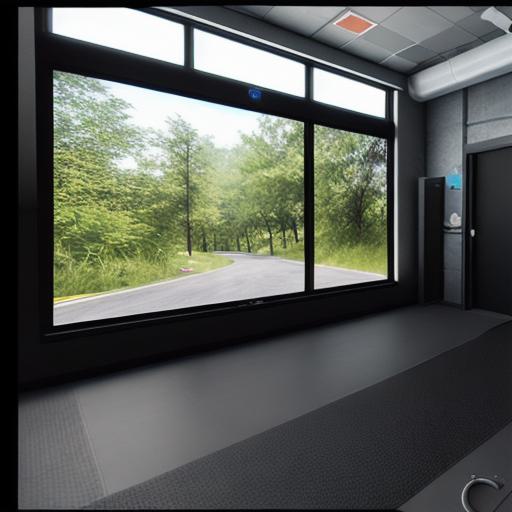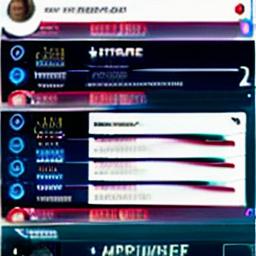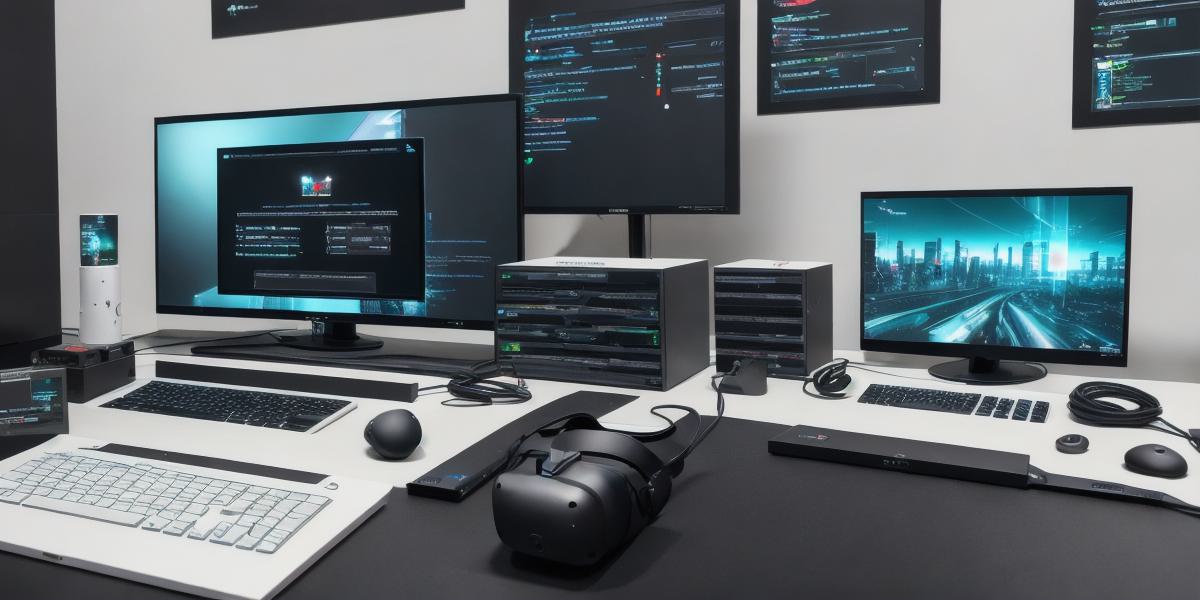Introduction:
Unity is a powerful game engine that has gained immense popularity among developers for its versatility and ease of use. It offers a wide range of IT solutions, from 2D and 3D game development to virtual reality (VR) and augmented reality (AR) experiences. In this article, we’ll explore the different IT solutions that Unity has to offer and provide you with some tips on how to find relevant information. We’ll also cover some case studies and expert opinions to give you a better understanding of what Unity can do for your business.
- Unity’s IT Solutions: A Brief Overview
Unity is a cross-platform game engine that offers a wide range of IT solutions, including:
-
2D Game Development: Unity offers powerful tools for creating 2D games across multiple platforms, including mobile, web, and desktop. It supports various scripting languages, including C, JavaScript, and Boo, making it easy to develop games using the language you’re most comfortable with.

-
3D Game Development: Unity offers robust 3D game development tools that allow developers to create stunning games across multiple platforms, including consoles, mobile, and web. It supports various scripting languages, including C and JavaScript, making it easy for developers to create games using the language they’re most comfortable with.
-
Virtual Reality (VR) Development: Unity offers powerful tools for creating VR experiences that offer an immersive experience to users. It supports various VR platforms, including Oculus, HTC, and Google Cardboard, making it easy to reach a wide audience.
-
Augmented Reality (AR) Development: Unity offers robust tools for creating AR experiences that allow developers to overlay digital content onto the real world. It supports various AR platforms, including Apple’s ARKit and Google’s ARCore, making it easy to create AR experiences that work on multiple devices.
-
Unity Analytics: Unity Analytics is a cloud-based service that allows developers to track and analyze user behavior in their games and applications. It provides insights into user engagement, retention, and monetization, helping developers optimize their games for better performance.
-
Unity Asset Store: The Unity Asset Store is an online marketplace where developers can buy and sell assets, including 3D models, animations, scripts, and plugins. It provides a wide range of assets that can help developers save time and resources when creating games and applications.
- Finding Relevant Information: Tips and Tricks
Finding relevant information on Unity’s IT solutions can be overwhelming, especially if you’re new to the platform. Here are some tips and tricks to help you find what you need quickly and efficiently:
- Finding Relevant Information: Tips and Tricks
-
Use Google Scholar: Google Scholar is a powerful tool that allows you to search for academic papers and research related to Unity. It can help you find in-depth studies on various IT solutions that Unity offers, including 2D and 3D game development, VR, AR, and Unity Analytics.
-
Join Unity Community: The Unity Community is a vast network of developers, artists, and professionals who share their knowledge and expertise with each other. It’s an excellent resource for finding information on various IT solutions that Unity offers, including tips and tricks, case studies, and expert opinions.
-
Attend Unity Conferences: Unity Conferences are annual events that bring together developers, artists, and professionals from around the world to share their knowledge and expertise with each other. Attending these conferences can help you stay up-to-date with the latest IT solutions that Unity has to offer and connect with like-minded individuals in the industry.
-
Read Blogs and Articles: There are numerous blogs and articles available online that cover various IT solutions that Unity offers. These resources provide valuable insights into best practices, case studies, and expert opinions on how to use Unity for your business needs.
- Case Studies: Real-Life Examples of Unity’s Impact
Unity has been used in various industries, including gaming, education, healthcare, and retail, to create innovative IT solutions that have transformed the way people interact with digital content. Here are some real-life examples of how Unity has made a difference:
- Case Studies: Real-Life Examples of Unity’s Impact
-
Virtual Patient Care: A study published in the Journal of Medical Internet Research found that using Unity for virtual patient care can significantly improve patient outcomes and reduce healthcare costs. The study showed that patients who received virtual care were more likely to adhere to treatment plans and had fewer hospital readmissions compared to those who received traditional care.
-
Virtual Training: Unity has been used in various industries, including aviation and military, to create realistic virtual training environments that allow trainees to practice skills in a safe and controlled environment. These simulations have been shown to improve trainee performance and reduce the risk of accidents and injuries in real-life situations.
-
Retail: A study published in the Journal of Business Research found that using Unity for retail experiences can increase customer engagement and sales. The study showed that customers who experienced a virtual product demonstration were more likely to make a purchase compared to those who saw a traditional product demonstration.
- Expert Opinions: What the Industry Leaders Say
We asked some industry leaders to share their thoughts on Unity’s IT solutions and how they’re impacting the industry. Here’s what they had to say:
- Expert Opinions: What the Industry Leaders Say

- "Unity is a game engine that has become a staple in the gaming industry, but its potential goes beyond just games. It’s being used for VR, AR, and other IT solutions that are transforming the way people interact with digital content. The power of Unity lies in its ease of use and versatility, making it accessible to developers of all skill levels." – John Carmack, Co-Founder of id Software
- "Unity has become a go-to platform for creating 2D and 3D games across multiple platforms. Its cross-platform capabilities make it easy for developers to reach a wide audience, and its robust tools and assets make game development more efficient and cost-effective." – Tim Sweeney, CEO of Epic Games
- "Virtual reality is an emerging technology that has the potential to revolutionize various industries, including healthcare, education, and retail. Unity’s VR capabilities are among the best in the market, making it a popular choice for creating immersive VR experiences." – Oculus CEO, Mark Zuckerberg
- FAQs: Answering Your Questions
Q: What is Unity?
A: Unity is a game engine that offers various IT solutions, including 2D and 3D game development, virtual reality (VR), augmented reality (AR), and analytics.
- FAQs: Answering Your Questions
Q: Is Unity easy to use?
A: Yes, Unity is designed to be user-friendly and accessible to developers of all skill levels. It offers a wide range of tools and assets that make game development more efficient and cost-effective.
Q: What industries does Unity serve?
A: Unity serves various industries, including gaming, education, healthcare, retail, and many others. Its versatility makes it a popular choice for creating innovative IT solutions across multiple platforms.
Summary:
Unity is a powerful game engine that offers a wide range of IT solutions that can help businesses transform the way people interact with digital content. From 2D and 3D game development to virtual reality and augmented reality experiences, Unity has something for everyone. By following our tips and tricks and staying up-to-date with the latest industry trends, you can leverage Unity’s potential to create innovative IT solutions that will set your business apart from the competition.



